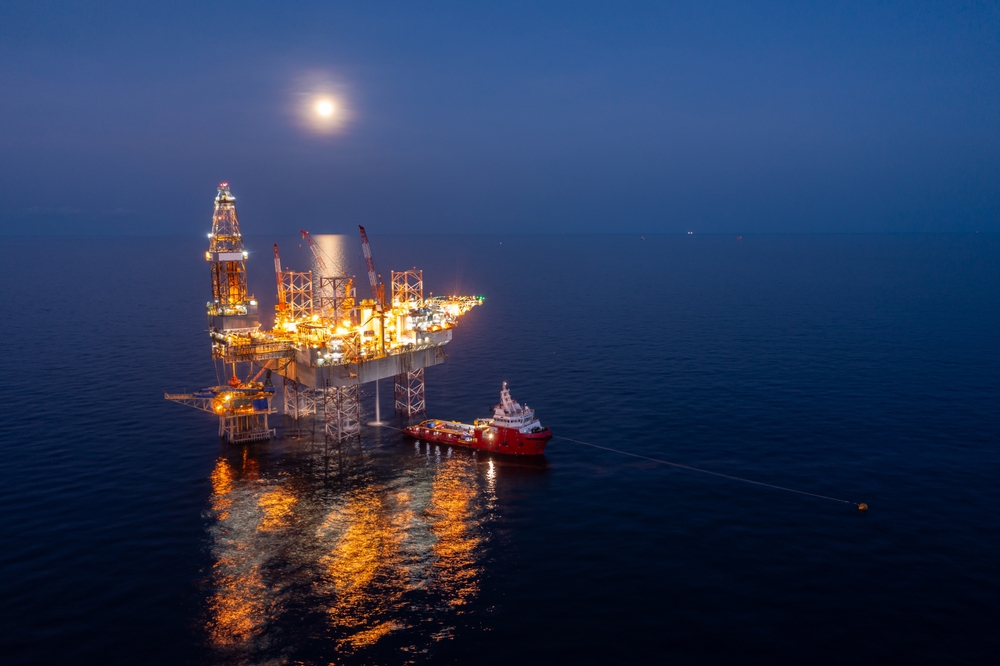A Scottish court on Thursday banned the development of two oil and gas fields in the North Sea, in a “historic victory” for two environmental groups.
The Scottish High Court, along with campaign groups Uplift and Greenpeace, ruled that the previous UK government’s approval of the multi-billion pound Rosebank and Jackdaw oil fields was unlawful because it did not cover the carbon dioxide emissions the projects would indirectly cause.
Judge Andrew Stewart, who presided over the judicial review, said he had considered all the circumstances and concluded that a “leniency” – a legal term for revoking a license – should be granted.
“The public interest in lawful government action and the public’s private interest in climate change outweigh the private interests of the developers,” Stewart said.
Shell, which owns the Jackdaw gas-condensate field 250 kilometers east of the Scottish city of Aberdeen, and Equinor, the majority shareholder in the Rosebank oil field 145 kilometers off the Shetland Islands, must now resubmit environmental impact assessments.
The decision follows a June ruling by the UK Supreme Court that companies must take into account greenhouse gas emissions they indirectly cause, so-called Scope 3 or downstream emissions.
As a result, the government, which has made a binding commitment to achieve net-zero carbon emissions in the UK by 2050, is now obliged to take into account emissions from the burning of extracted oil and gas when reassessing projects, which could lead to problems arising during the funding process.
The field had been approved by the previous Conservative government, but the Labour government that came to power in July announced that it would not challenge the field in Scottish courts, given the Supreme Court’s ruling.
During a four-day hearing in November, the oil companies also acknowledged that the field was illegal as a result of the Supreme Court ruling.
Stewart ordered that no oil or gas could be extracted from the field until the government made a decision, but allowed the companies to continue with the project while they “resolve the practical construction and engineering issues before renegotiating.”
“This is a historic victory – the days when governments can approve new drilling sites without considering the climate impact are over,” said Philip Evans, senior campaigner at Greenpeace UK.
“The court has agreed what climate activists have always argued: Rosebank and Jackdaw are unlawful and the climate impacts must now be fully considered.”
Shell said at the hearing that the halt to work was “very difficult” at a time when “the infrastructure is now in place and this complex process is raising significant technical and operational challenges.”




